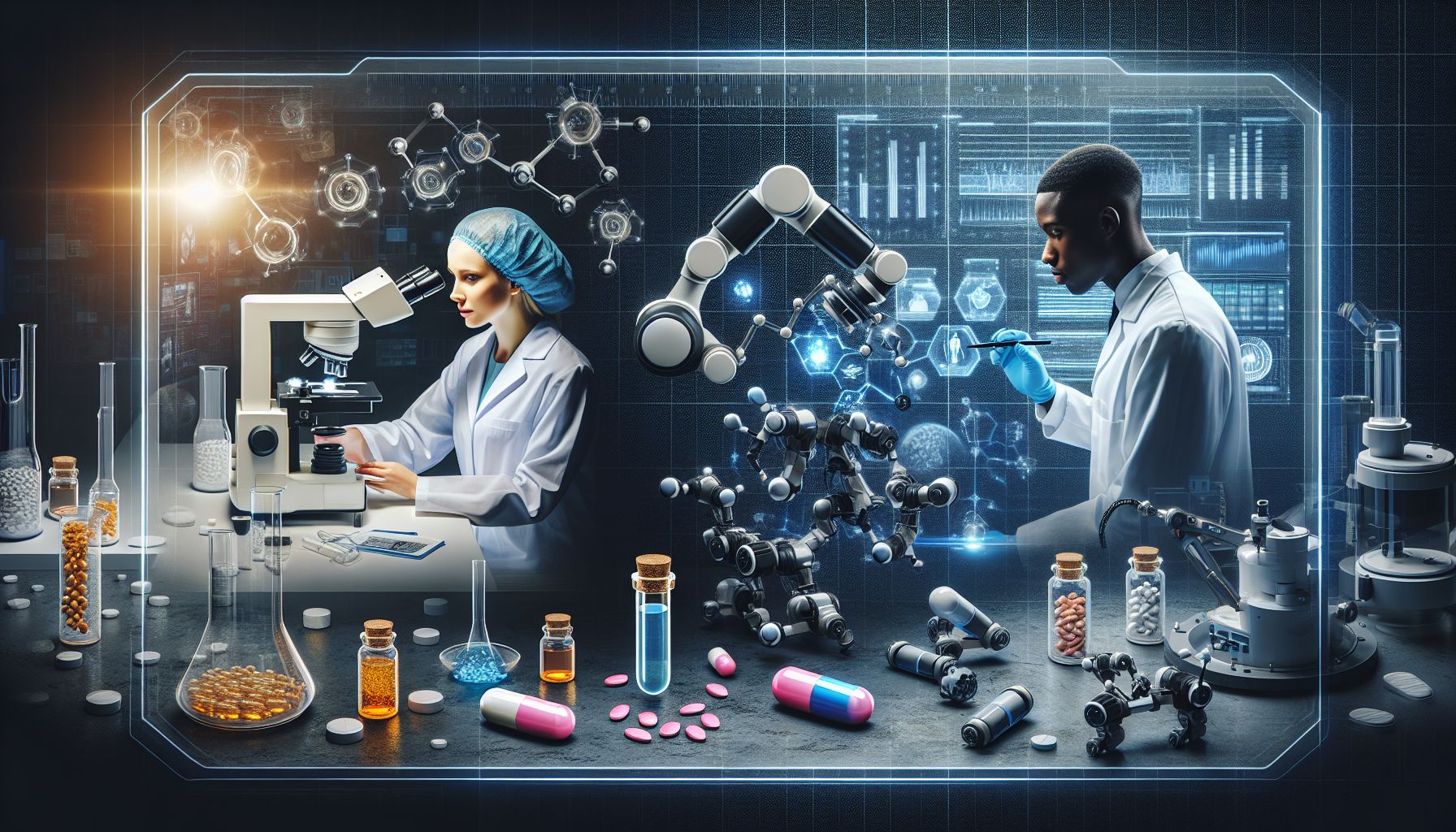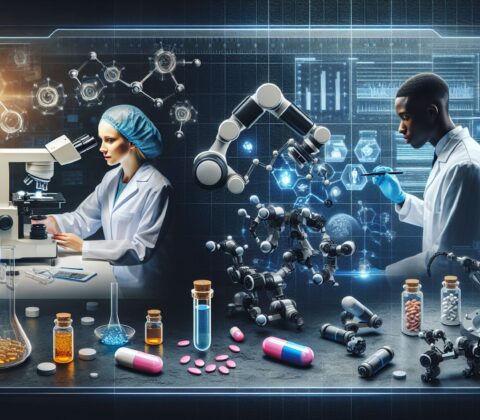

The Intersection of Technology and Pharmaceutical Products
Over the past few decades, technology has been revolutionizing the pharmaceutical industry in ways that were once thought impossible. From drug discovery and development to manufacturing and distribution, technology has played a crucial role in improving the efficiency and effectiveness of pharmaceutical products.
One of the most significant advancements in the pharmaceutical industry has been the use of artificial intelligence (AI) and machine learning algorithms for drug discovery. These technologies have the ability to analyze massive amounts of data and identify potential drug candidates much faster than traditional methods. This has greatly accelerated the drug development process, allowing pharmaceutical companies to bring new medications to market more quickly and cost-effectively.
In addition to drug discovery, technology has also improved the manufacturing and quality control processes of pharmaceutical products. Automation and robotics have been integrated into production lines, reducing the risk of human error and increasing the consistency and precision of drug manufacturing. Quality control measures have also been enhanced through the use of advanced sensors and data analytics, ensuring that pharmaceutical products meet the highest standards of safety and efficacy.
Furthermore, technology has transformed the way pharmaceutical products are distributed and monitored. The development of smart packaging and tracking devices has enabled pharmaceutical companies to monitor the storage and transportation of their products in real time, ensuring that medications are delivered safely and securely to patients. In addition, the use of digital health platforms and mobile applications has made it easier for patients to access information about their medications and manage their health conditions.
Despite the many benefits of technology in the pharmaceutical industry, there are also challenges that need to be addressed. Data privacy and security concerns, regulatory hurdles, and the need for specialized training and expertise are just a few of the obstacles that pharmaceutical companies face when adopting new technologies. However, with the right strategies and investments, these challenges can be overcome, allowing the industry to continue to innovate and improve the lives of patients around the world.
In conclusion, the intersection of technology and pharmaceutical products has opened up new possibilities for drug discovery, manufacturing, distribution, and monitoring. With continued advancements in AI, automation, and digital health solutions, pharmaceutical companies are well-positioned to overcome current challenges and drive further innovation in the years to come. By harnessing the power of technology, the pharmaceutical industry can deliver safer, more effective medications to patients and improve global healthcare outcomes.
Comments are Disabled